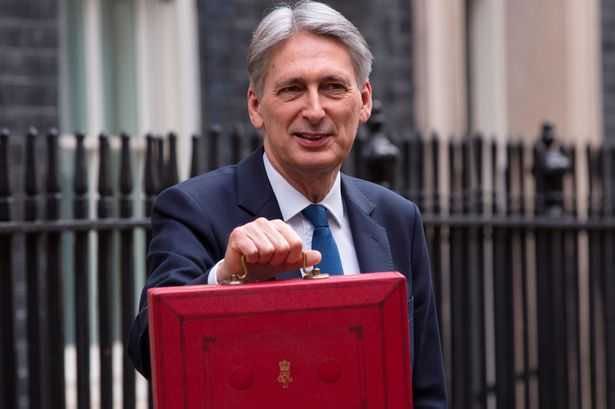On Monday 29th October, Phillip Hammond, the Chancellor of the Exchequer, announced the final budget before Brexit. “Austerity is finally coming to an end” he proudly proclaimed, but not everyone in the house was so optimistic… Jeremy Corbyn finding the statement particularly hard to believe.
What you’re probably wanting to know, is how does this budget affect me? Whilst the majority of the changes to government spending are unlikely to have a big impact on the day to day life of students in Leeds, there are certainly a few key points worth noting.
Let’s start with the good news – the duty on beer, cider and spirits will be frozen, meaning that the price of these shouldn’t increase. However, its bad news for those wine lovers out there, for which tax is set to rise at the same rate as inflation. If you smoke then there’s more bad news, as the tax on tobacco is set to increase at a rate 2% greater than inflation.
If you have a part-time job or work lots over the holidays, then you might benefit from the rise in the personal allowance (amount of tax-free income) from £11,850 to £12,500. This will fall into place in April, a year earlier than previously expected. Also, worth noting is the increase in the National Living Wage, from £5.90 to £6.15 (18-21yrs), £7.38 to £7.70 (21-24yrs) and £7.83 to £8.21 (25yrs and over), although bear in mind that the National Living Wage is only legally enforceable for people over 25.
You might also be happy to hear that Phillip Hammond has pledged to give schools an additional £400 million in capital grants, that is until you compare it with the £420 million allocated to pothole filling… With respect to higher education, £150 million have been allocated to fellowships, to ‘attract the brightest talent from around the world’.
By the end of the year, 26 to 30-year-olds will be able to benefit from reduced rail fairs by purchasing a railcard, a policy announced in last year’s budget but has finally been confirmed over fears of funding issues. The new railcard will work in the same way as the 16-25 railcard and will allow young people to continue getting a third off their rail fares for a few years longer.
The NHS is also set to see some changes. Back in the Summer, Theresa May announced that they would give an additional £20.5 billion per year for the next five years to the NHS. In this budget, Phillip Hammond reminded us of her pledge and gave us an insight into how some of the money might be spent, assuring that at least £2 billion would be allocated to the improvement of mental health services. Whilst this extra cash is welcome, the extent of its impact will depend greatly on how the rest of the funding is divided up across the NHS.
The elephant in the room, of course, is Brexit. With time running out and still no clear exit deal in sight, it would be foolish to get excited about any government spending just yet.
Will Southall

